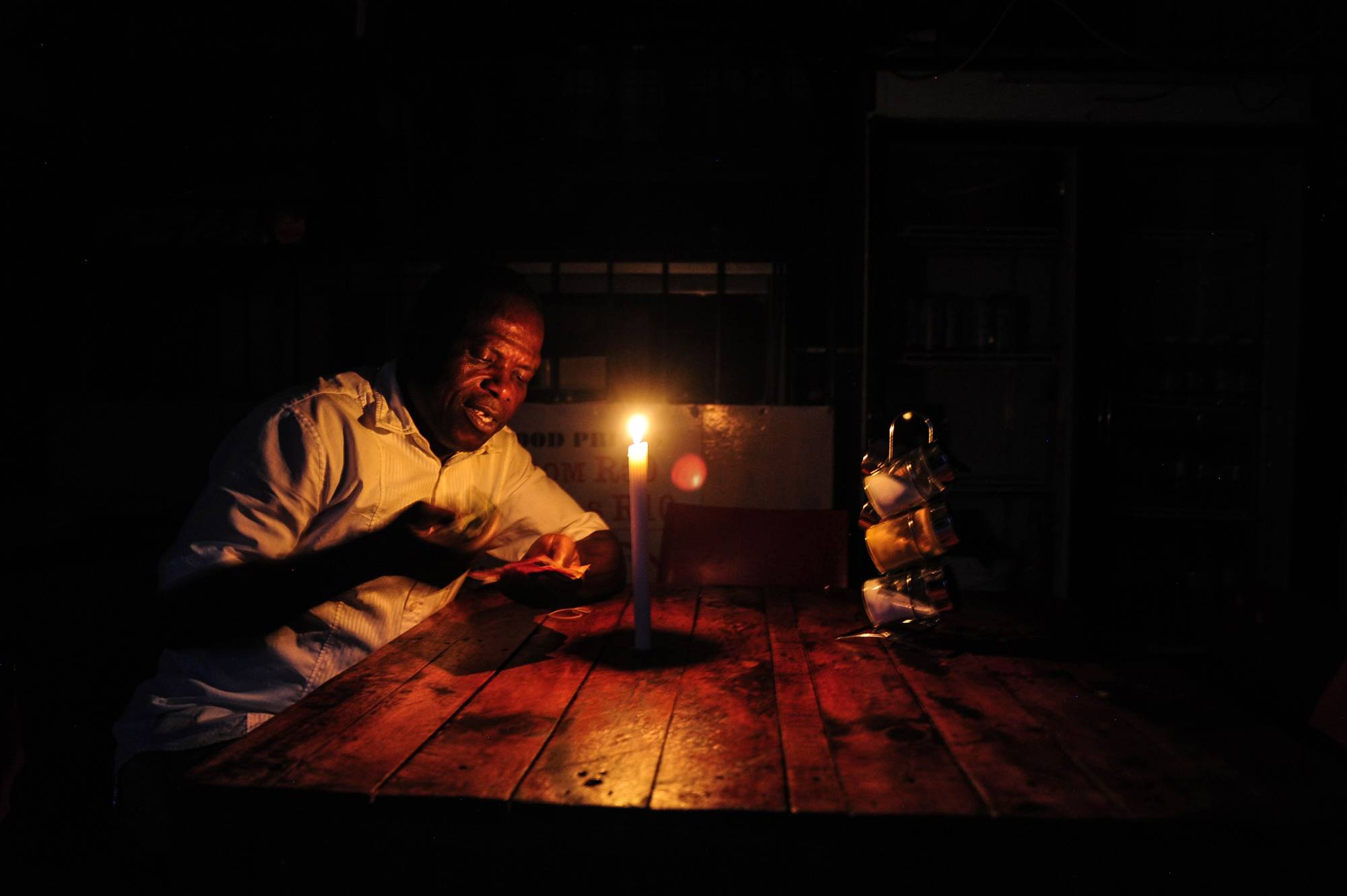It was meant to be the climate justice blueprint, the deal that showed how rich countries could help developing economies end their reliance on coal and go green. Almost 18 months on, South Africa’s $8.5 billion transition showpiece looks more like a cautionary tale.
Only one coal-fired power plant has been closed since the so-called Just Energy Transition Partnership was unveiled to great fanfare at the COP26 climate talks in Glasgow. Now, some South African politicians are pushing to keep others open longer than planned — potentially for years — as the country struggles to end daily blackouts that are angering voters and turning off foreign investors.
The JETP’s success hinges on a plan by Eskom Holdings SOC, the state power utility responsible for about 40% of South Africa’s planet-warming emissions, to replace most of its 14 remaining coal plants with wind and solar. But setback after setback has dogged the program since its inception, casting a shadow over similar agreements currently being hammered out with Indonesia, Vietnam, Senegal and India.


















With your current subscription plan you can comment on stories. However, before writing your first comment, please create a display name in the Profile section of your subscriber account page.